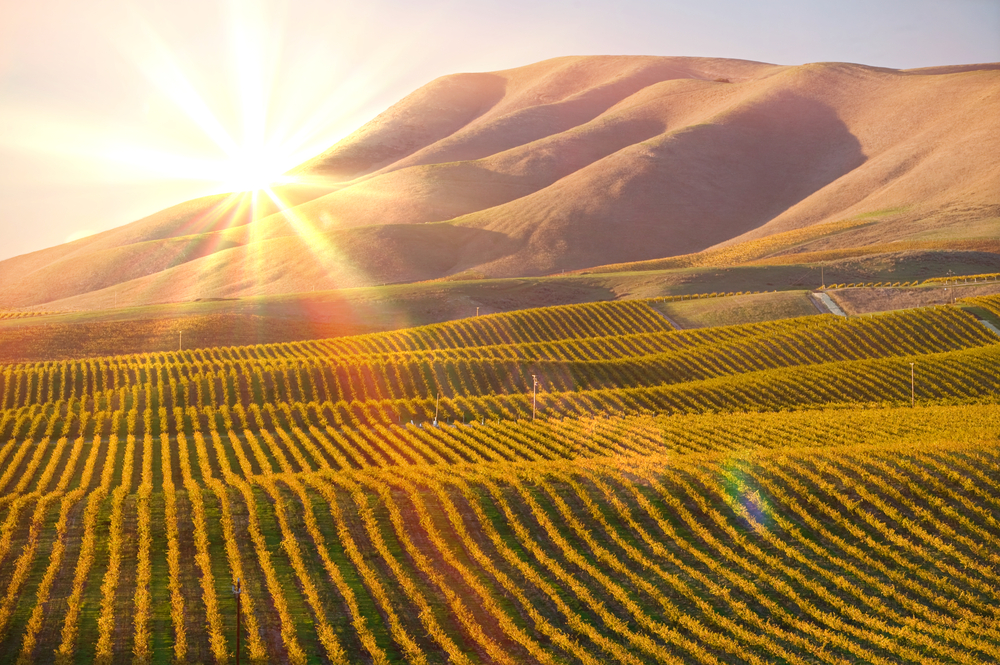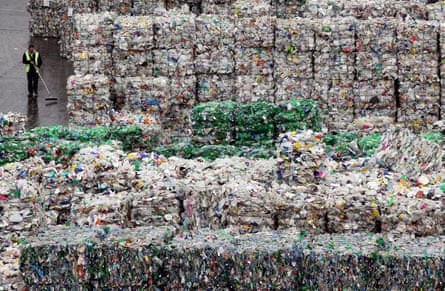AQUASAP powder is the natural extract of cultivated red algae called “Kappaphycus Alvarezii”. AQUASAP powder is a rich natural source of pottassium and other natural nutrients. It provides a major boost to crop yields and stronger root system due to the acceleration of the plant’s metabolic function as a result of the plant’s increased nutritional uptake.
Aquasap is 100% pure seaweed powder that Certified Organic. The product:
-
Improves seed germination
-
Acts as natural soil conditioner
-
Improves microbial activity in soil
-
Creates a stronger root system
-
Produces healthier foliage and fruit apperance
-
Improves nutrient chelation
-
Increases the metabolic rate of plants
-
Acts a natural plant hormone
-
Certified as Organic per USDA (NOP Standards)




